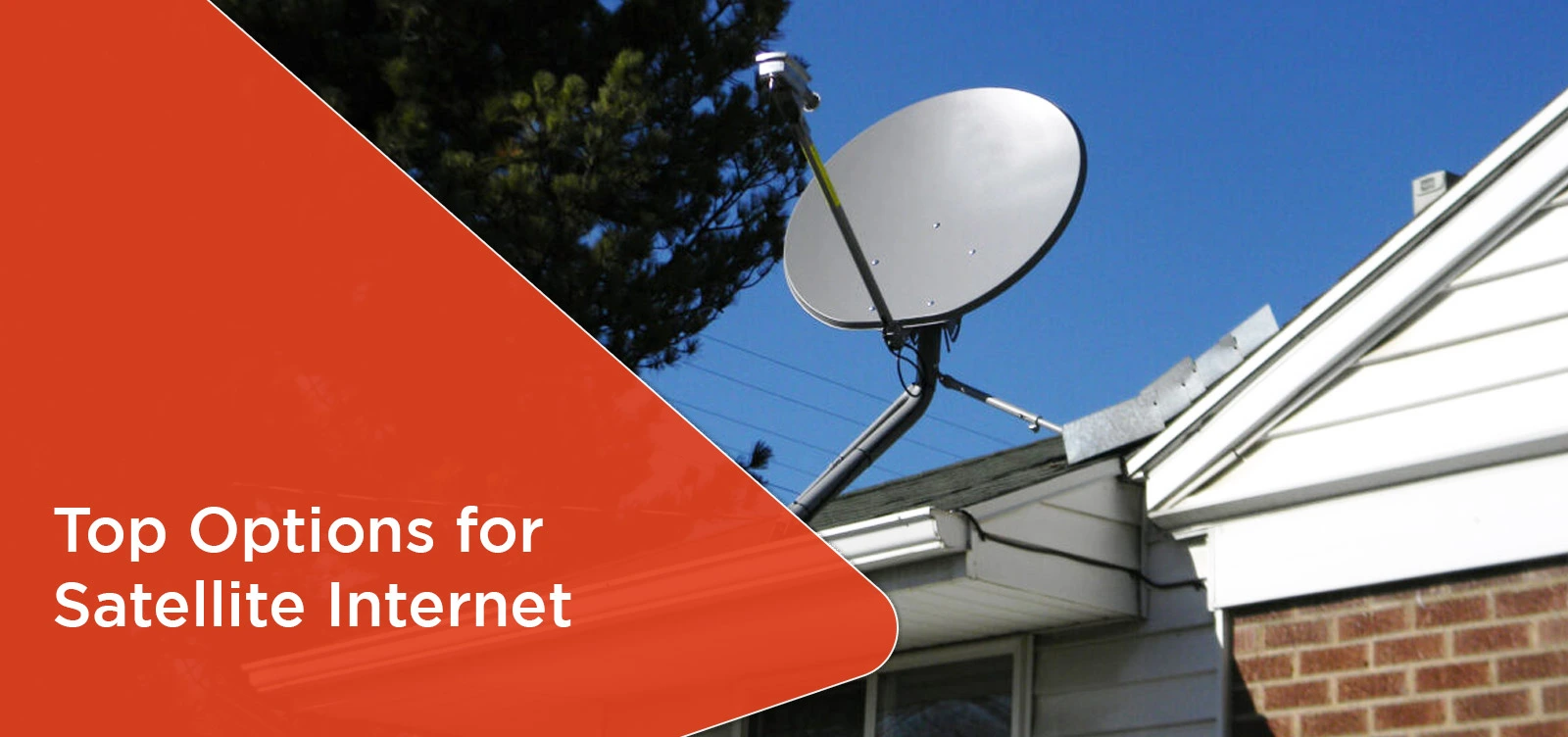Top Options for Satellite Internet
In today's digital age, access to the internet has become an essential part of our daily lives. However, in remote and rural areas where traditional broadband infrastructure is limited, getting a reliable internet connection can be a challenge. This is where satellite internet comes into play. Satellite internet offers a viable solution for people living in remote locations to stay connected. In this article, we will explore various options for satellite internet and how they work.
How Does Satellite Internet Work?
Before delving into the options, let's first understand how satellite internet works. Satellite internet relies on a network of geostationary satellites orbiting the Earth. These satellites act as intermediaries between the user's dish antenna and the internet service provider (ISP).
Geostationary Satellite Internet
One of the most common forms of satellite internet is geostationary satellite internet. Geostationary satellites remain fixed relative to the Earth's surface, making them ideal for providing continuous coverage to specific regions. However, they can suffer from higher latency due to the distance the signals have to travel to and from the satellite.
Low Earth Orbit (LEO) Satellite Internet
LEO satellite internet is an emerging technology that aims to address the latency issues of geostationary satellites. Instead of orbiting far above the Earth, LEO satellites orbit much closer, resulting in lower latency and faster data transmission. Companies like SpaceX and Dish Network, are investing in LEO satellite constellations to provide global coverage.
Satellite Internet vs. Traditional Broadband
Comparing satellite internet with traditional broadband, there are some significant differences. While traditional broadband generally offers higher speeds, it is limited by geographical reach. Satellite internet, on the other hand, can reach remote and rural areas where traditional broadband is unavailable.
Factors to Consider Before Choosing Satellite Internet
Before opting for satellite internet, there are several crucial factors to consider. These include:
1 Coverage Area
Ensure that the satellite internet service you choose covers your specific location. Different providers may have varying coverage areas.
2 Data Caps
Check for any data caps imposed by the satellite internet provider. Exceeding data limits could result in reduced speeds or additional charges.
3 Latency
Consider the level of latency that your activities require. Gamers and video conferences may prefer low-latency options like LEO satellite internet.
4 Speeds
Check the advertised download and upload speeds of the satellite internet plans. Keep in mind that actual speeds may vary based on network congestion and other factors.
The Future of Satellite Internet
The future of satellite internet looks promising. With advancements in technology, we can expect even faster and more reliable connections from space. LEO constellations are likely to expand, offering improved coverage and lower latency.
Conclusion
Satellite internet has revolutionized connectivity for those living in remote areas. With options like geostationary and LEO satellite internet, people can now access the online world from virtually anywhere. As technology continues to progress, satellite internet will become an even more integral part of our digital lives.
Ready for the ultimate viewing experience? Call us at (469) 213-7481 to get your Satellite TV started!


